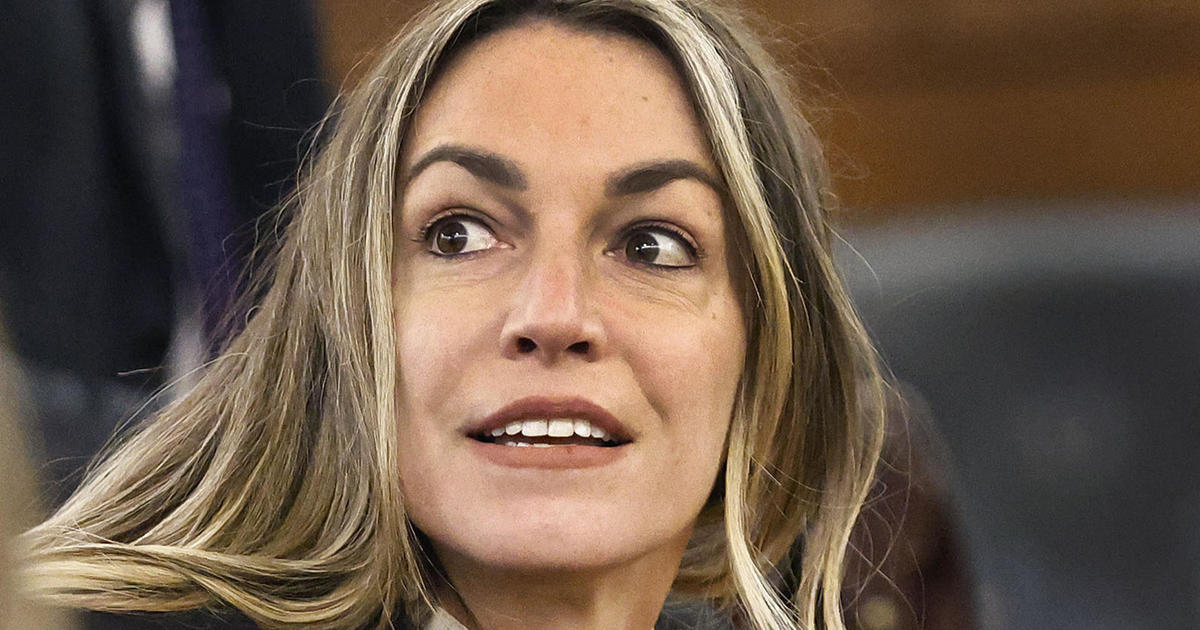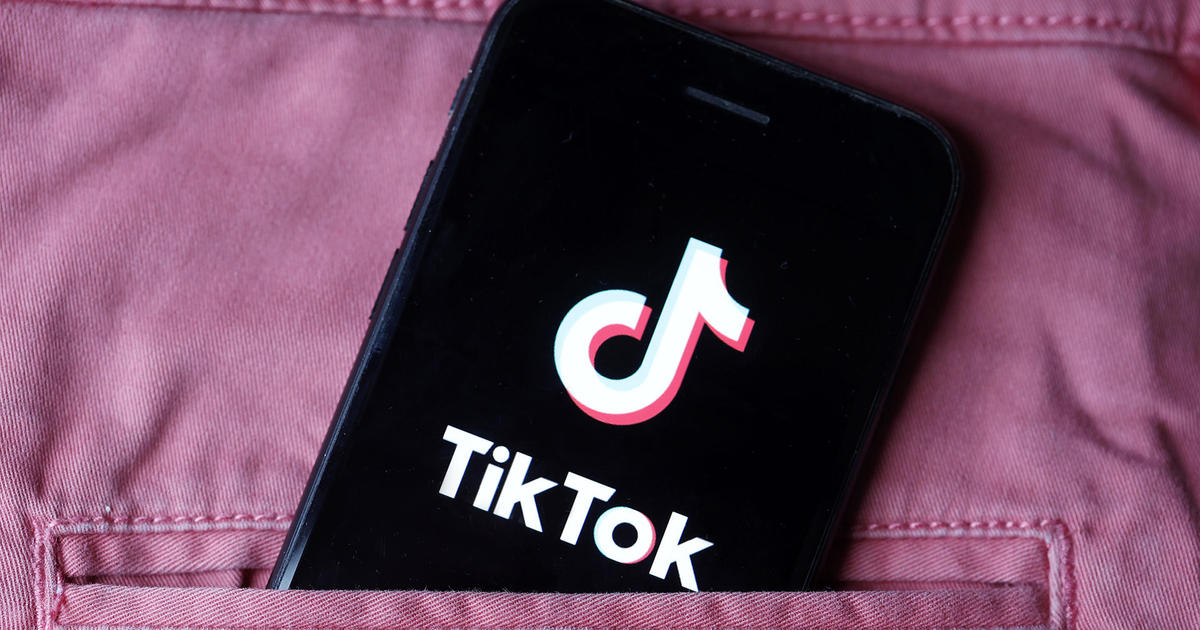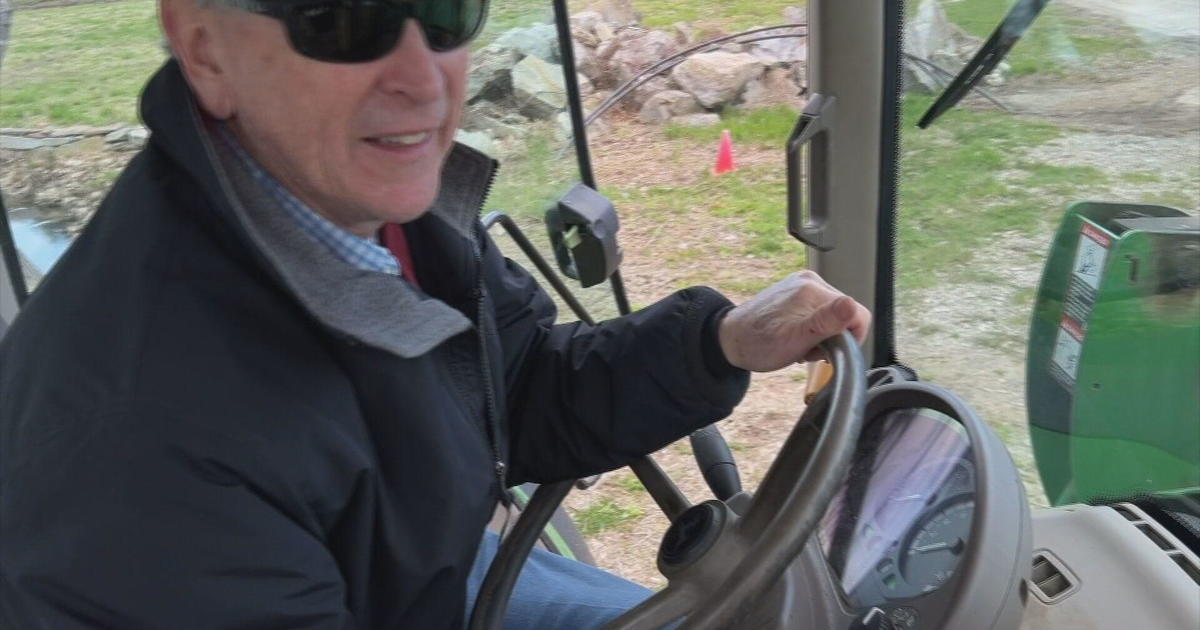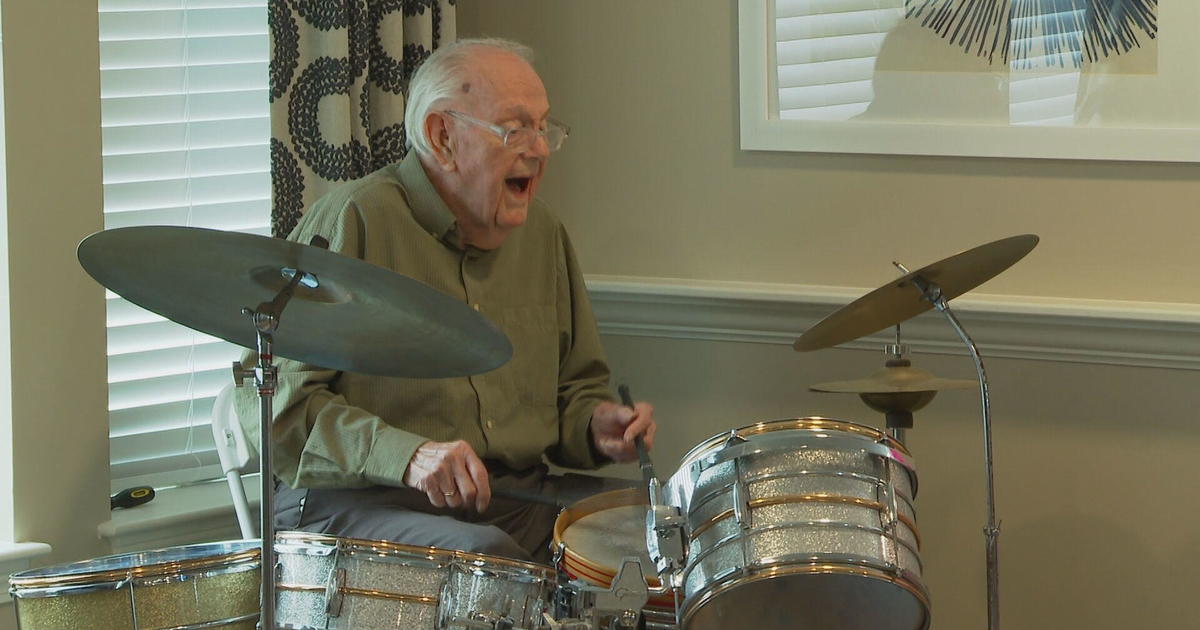Woburn Company Develops Experimental Lung Cancer Drug
BOSTON (CBS) - Woburn-based ArQule Inc. has quietly propelled itself into the ranks of late-stage development biotechnology companies over the past several months with the launch of two Phase 3 trials for a potential treatment for non-small-cell lung cancer.
In 2013, 20-year-old ArQule will likely be sending its first product to the U.S. Food and Drug Administration for approval.
Arqule is partnering with two Japanese pharmaceutical companies on the drug candidate, called tivantinib, so ArQule is likely to reap only about half of the profits from the drug if it is approved. But the potential market is $1 billion annually.
Lung cancer patients got some great news this week when Pfizer's drug Xalkori was approved by the FDA, based on impressive efficacy results at shrinking tumors.
It was good news for investors too, as the drug's price per patient — about $9,600 per month — is about twice that of current therapies.
But Pfizer's drug will serve only 7 percent or fewer of patients, often young nonsmokers, who have a certain genetic mutation.
ArQule's experimental therapy is going after a much bigger piece of the pie: types of the disease, called non-squamous cell lung cancer, that affect up to 80 percent of patients.
The drug candidate is part of a promising legion of potential cancer therapies known as c-MET inhibitors.
"It's a crowded market, but we are the furthest along with this type of therapy," ArQule President Peter Lawrence said. Lawrence said the drug has potential beyond lung cancer, and it's currently being evaluated in a Phase 2 study for the treatment of liver cancer, a disease with few approved options aside from traditional chemotherapy.
The first Phase 3 lung cancer trial for tivantinib launched in January and is being run by partner Daiichi Sankyo Co.
It triggered a $25 million milestone payment to ArQule.
It will recruit 1,000 patients in Europe, North America, South America, Russia and Australia, who will either be given tivantinib in combination with Roche AG's Tarceva, the current standard of care for lung cancer, or Tarceva alone.
Lawrence said if approved, tivantinib and Tarceva would likely be used in combination as a second-line therapy for the disease.
Lisa van der Pool of the Boston Business Journal reports
The second Phase 3 trial was launched in August by partner Kyowa Hakko Kirin, and triggered a $10 million milestone payment to ArQule.
It will include a targeted group of about 450 patients with types of non-small-cell lung cancer that account for about half the cases in Asia.
"We think this trial shows they are really bullish on the drug, since they will be paying half as much as Daiichi to run their trial, but Asia represents just 15 to 20 percent of the total market," Lawrence said.
Lawrence declined to say how much the trials would cost, but a typical Phase 3 cancer trial with 1,000 patients could cost in the ballpark of $100 million or more.



